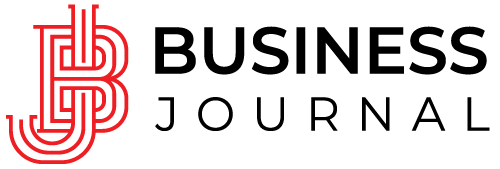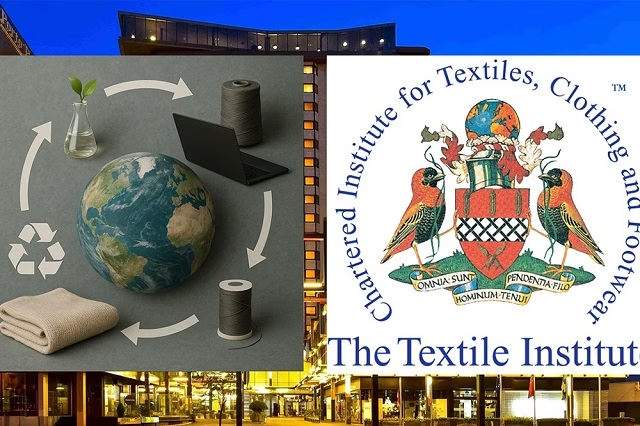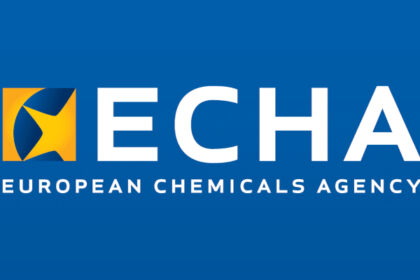The Textile Institute World Conference (TIWC 2025) will convene leading academics, researchers, and industry experts from October 7-10 in Porto, Portugal, for four days of debate and presentations on the future of global textiles.
The event, hosted at the Porto Palácio Hotel and Spa, is expected to feature more than 100 presentations in parallel sessions. Key research themes will include circularity, digital integration, cleaner chemicals, and human-centered sustainability, reflecting the global textile industry’s push to accelerate a circular economy and reduce its environmental footprint.
Circularity: turning waste into raw material
Circularity will dominate discussions at TIWC 2025, with researchers presenting solutions to transform end-of-life garments and textile waste into valuable resources. A team from Manchester, England, will present findings showing that nearly half of clothing currently sent to landfill could be recycled more efficiently.
Also Read: Yarn Expo Autumn 2025 to Showcase 500+ Global Exhibitors with Sustainability in Focus
German researchers from Chemnitz will unveil new knitting technologies designed to incorporate higher proportions of recycled cotton without compromising softness or durability. Meanwhile, case studies from Bangladesh and Pakistan will demonstrate how closed-loop systems and circular business models are entering supply chains of global brands, shifting waste from cargo to commodity.
Digitalization as the backbone of sustainability
Digitalization will also feature prominently at the conference, positioned not as an accessory to sustainability but as its enabler. Sessions at TIWC 2025 will explore blockchain, RFID, and digital product passports, tools that allow garments to be traced throughout their lifecycle while boosting transparency and consumer confidence.
Other digital innovations on display will include advanced textile printing and open-source knitting software, enabling designers to localize production and experiment with new creative methods.
Cleaner chemistry and human-centered transformation
Beyond recycling and digital tools, the program will highlight the need for cleaner chemistry and human-centered transformation in textiles. Research teams from Sri Lanka will present findings on how rising temperatures, air pollution, and extreme weather events are putting small and medium-sized manufacturers at risk. A new resilience assessment tool will be introduced to help factories protect workers and retain talent.
Also Read: Texworld Apparel Sourcing Paris 2025 Set to Welcome 1300 Global Exhibitors
The Sustainable Fibre Alliance will outline its work with Mongolian cashmere herders to tackle pasture degradation while safeguarding livelihoods. At the same time, UK-based fashion educators will share strategies to prepare the next generation of designers to adopt circular models and promote ethical consumption.
Consumer research will also be discussed, pointing out gaps between brand recommendations for garment care and the actual practices of users, signaling the need for improved communication and behavior change.
“Convergence and tangible progress”
“Technology and recycling alone cannot achieve sustainability; what we need are parallel shifts in culture, education, and policy,” said Stephanie Dick, CEO of the Textile Institute. “The global challenges facing the textile industry – climate change, waste, toxic chemicals, unsafe working conditions, and overconsumption – are widely acknowledged. But what will come out of this conference is a clear sense of convergence and tangible progress.”
With over 100 sessions, TIWC 2025 will provide a global platform for textile research, innovation, and collaboration. By addressing circularity, digital integration, and sustainable chemistry, the Porto event is expected to set the agenda for the sector’s transformation in the decade ahead.






